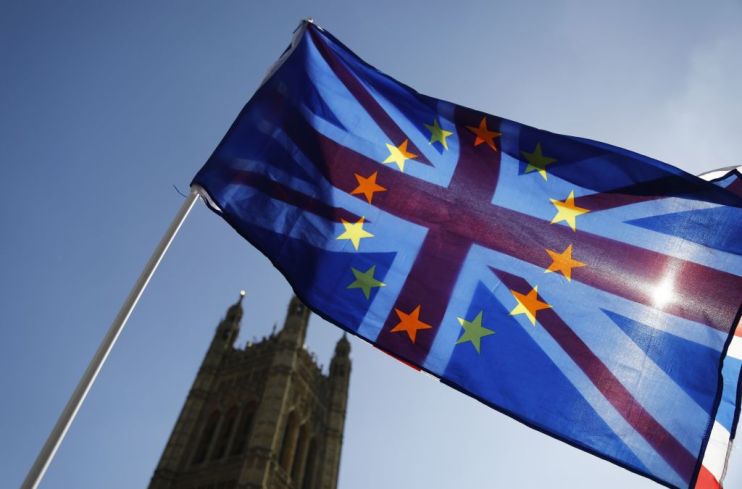Where is the no-deal planning we need to extract a deal from the EU?

The UK ended its fifth round of negotiations this week, and still there has been no agreement on the principles of a future trading deal — let alone an actual deal.
This was all too predictable. The EU is seeking a deal founded in ideology, and the UK simply wants to trade.
Back in January, the Prime Minister declared that, if there were no deal by end June, he would cease negotiations and begin preparations for a no-deal exit at the end of the transition period in December. At the time, Brexit-Watch cautioned that waiting until the end of June was leaving it very late. Moreover, not actively preparing for no-deal sent all the wrong signals to the EU. It indicated that we are not serious about exiting without a deal.
It is axiomatic that, to get a good deal, the UK must be visibly ready, willing and able to leave without one.
To make matters worse, Michael Gove, who is on record saying that a no-deal exit would be disastrous, was put in charge of the department for no-deal planning. The EU must have been emboldened by all this.
Surprise surprise, then, when the end of June came and went. Instead of ceasing talks, the Prime Minister put a proverbial tiger in the tank of negotiations by extending his own self-imposed deadline. His optimism is always welcome and perhaps he figured he could be forgiven for having one more go in July.
Well, the July negotiations have also come and gone, and still the Prime Minister has not moved the country onto a no-deal footing. He urgently needs to do so — and Gove has to demonstrate the readiness of no deal preparations.
The EU will not relent in its insistence of tying the UK to its legal and regulatory framework unless it is utterly convinced that we are serious about no-deal. In any event, the playing field has never been level, and the UK must be prepared just in case a deal is not forthcoming.
It would be a gross dereliction of duty not to do so and, like Theresa May before them, Johnson and Gove would pay a heavy political price.
In fact, with proper planning, a no-deal exit holds huge potential advantages for the UK. We would naturally save the annual payments to the EU worth some £9bn (net). We would be in a position to rectify the massive trade deficit we run with the EU and clear some £13bn in tariffs at WTO levels. That would be an instant £22 billion per annum in the bag for the Exchequer.
Armed with this cash, we would be able cushion any Brexit-related bumps for sectors which trade with the EU — and still have a surplus, putting the government in a position to support British business by slashing VAT, corporation tax, tax on fuels, employers national insurance, and a lot else besides.
Most importantly, free of EU state aid rules and other laws, we would be able to invest in vital UK infrastructure, businesses, and levelling up across the country. We would be able to jettison red tape — and maybe even indulge in foisting some financial red tape on the EU.
The EU fears a Singapore-on-Thames — and that therefore is precisely what we must aim to become.
The rhetoric from the Prime Minister and his chief negotiator David Frost over the past six months has been uplifting. They score very well on the Brexit-Watch Barometer for this, but not for action.
Time is now running out. The country needs bold action to match the chat.
Main image credit: Getty